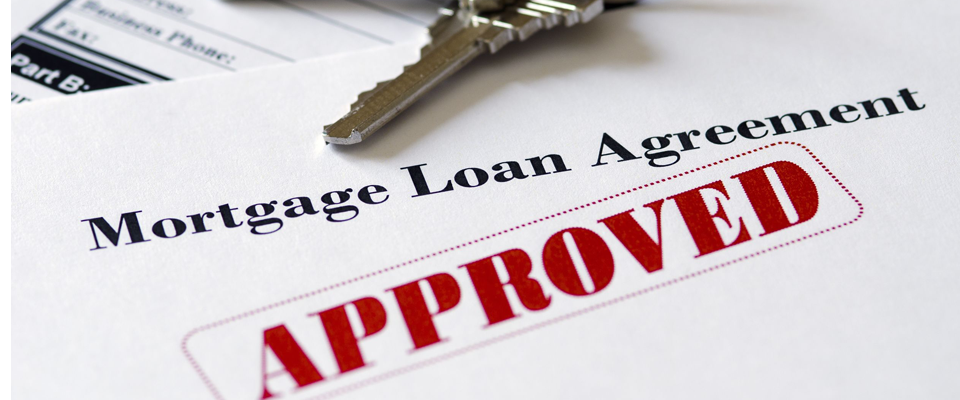Most of us dream of buying our own home but dreaming about it and turning that dream into a reality can be two separate things.
Working out what you want to buy is one thing but financing it is quite another.
If you want to buy a property, chances are you will need a mortgage and getting ready to apply for one can often be half the battle in the process.
Here we put together some tips on how to ensure you can secure a mortgage in Ireland.
1 Deposit
Make sure you have clear evidence of where your deposit was saved since the beginning. Banks frown on parents 'donating' it or it being borrowed elsewhere, e.g. from credit unions. A good, solid savings habit is favoured.
2 Credit Rating
Check your credit rating before approaching a lender. It costs €6 from the Irish Credit Bureau (www.icb.ie) and is what the bank will see about you when it applies. If there are anomalies e.g. missed payments or incorrect information, get it changed, or explained, immediately.
3 Gambling Loss
Get rid of any apps on your phone (and off your bank statement) which indicate gambling, either the Lotto or with bookies. It points to unstable finances with some lenders. If you are overdrawn, clear it and stay in credit.
4 Other Loans
If you have personal loans or credit card debts consider paying them off. Not all lenders require this, but they do like to see disposable income intact. A broker will advise on what to do, even if it uses up some of your deposit.
5 Income
When assessing multiples of income for lending purposes, err on the cautious side. Income from rent, shares, bonuses or overtime are not normally allowed. Be prepared to get your employer involved in proving where your money comes from and how much it is. This may involve P60s, payslips or other letters of comfort.
6 Accounts
If you work seasonally or are freelance or self-employed, expect your personal finances to come under more scrutiny. Engage an accountant to do up proper accounts which can be offered to the lender.
7 Shop Around
Don't automatically assume you should borrow a mortgage from the bank you have your regular accounts with. You may get better value elsewhere and it's good to let them know you're shopping around. If they want to keep you, they may up their offer.
8 Terminology
Understand the deposit process: a 'booking deposit' is normally payable to indicate interest in a property and hold it until contracts are signed. It is refundable on either side until then. If you're going to get gazumped, this is when it will happen. A 'final deposit', usually 10pc of the sale price, is payable upon signing and this is non-refundable. The final payment is made when keys are handed over.
9 Define 'Approval'
Be aware of the extensive documentation required for lenders before mortgage approval is granted. You can largely ignore 'online approval' as it can all change as the information becomes due and is simply a bank gimmick to get you browsing.
10 Meeting Conditions
'Approval in Principal' varies from bank to bank but typically lasts 3-6 months. After this there will be a number of conditions which need to be met before drawdown of funds, typically life assurance/assignment being put in place, house insurance, surveyor's reports and confirmation of legal title along with signed contracts.
Check out mortgage offers now at www.myhome.ie/mortgages





